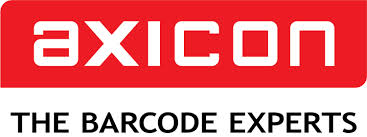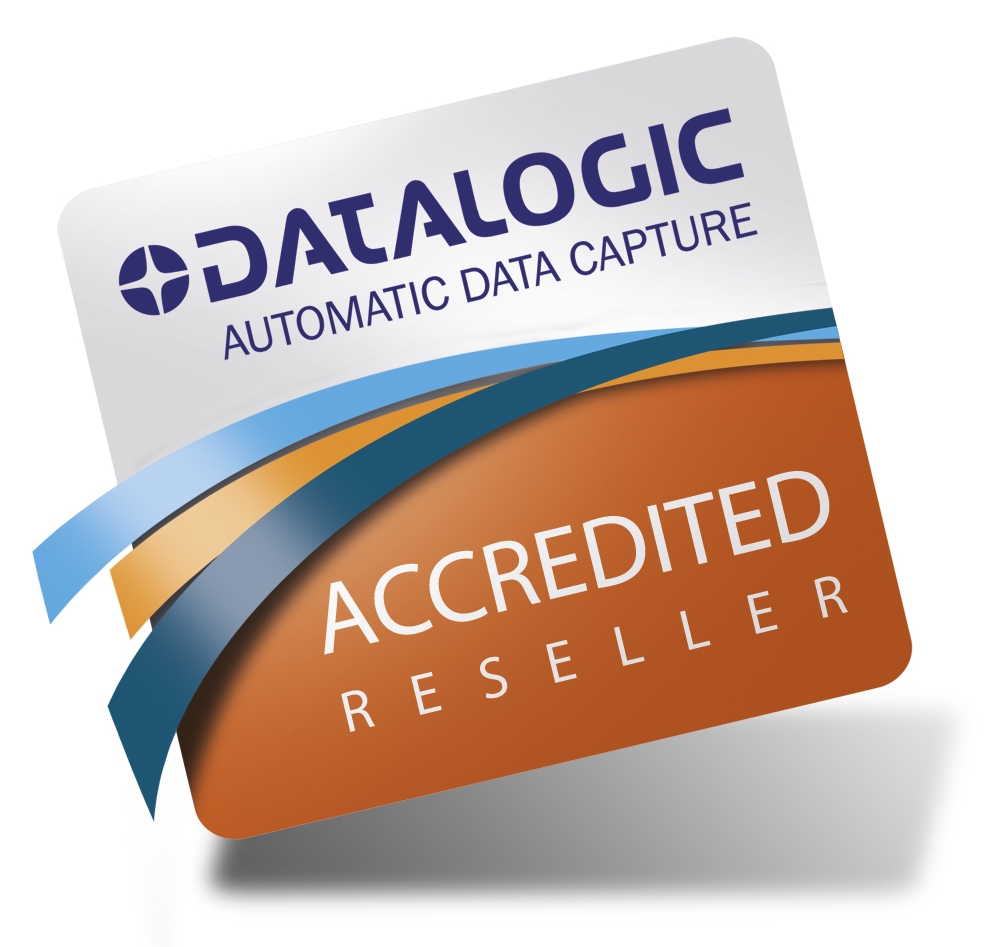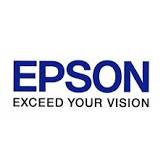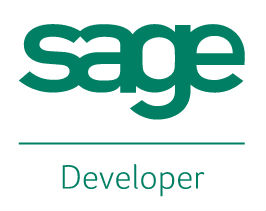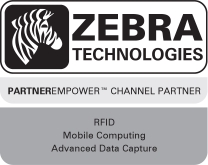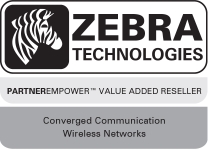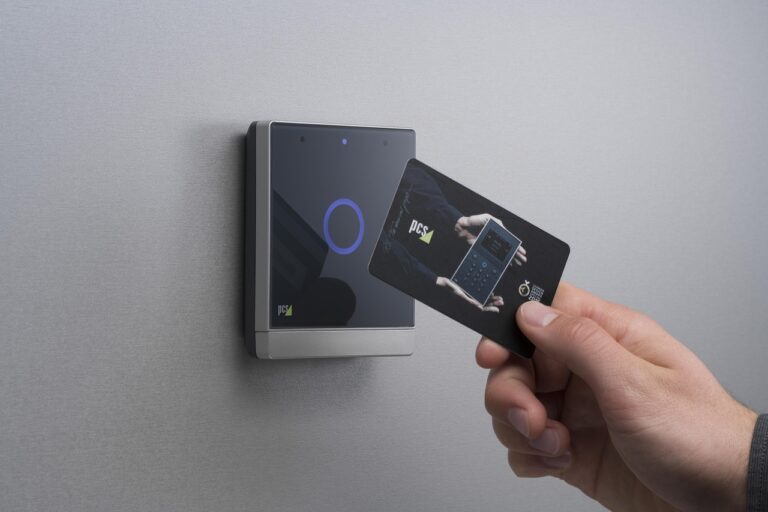
RFID (Radio Frequency Identification) technology has been around for decades, but its use cases have evolved significantly over time. Originally developed for military and aerospace applications, RFID is now used in a wide range of industries, from healthcare and agriculture to supply chain and logistics. In this blog post, we’ll explore some of the most common use cases for RFID technology and how it is transforming various industries.
Asset Tracking and Management
One of the most common use cases for RFID technology is asset tracking and management. By attaching RFID tags to equipment, vehicles, and inventory, businesses can monitor their location, status, and usage in real-time. This can help reduce loss and theft, optimize maintenance schedules, and improve overall asset utilization.
Supply Chain and Logistics
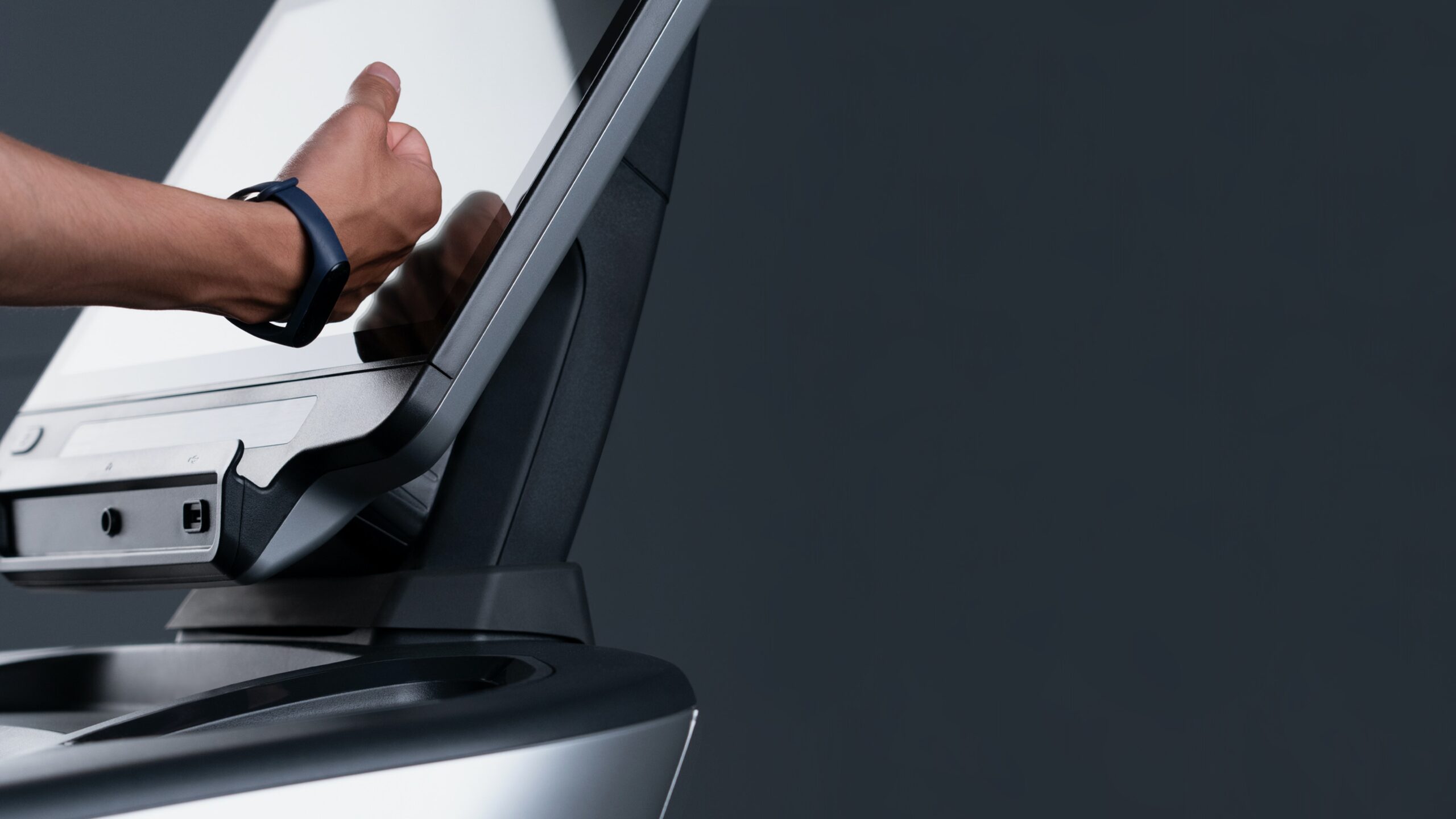 RFID technology is also widely used in supply chain and logistics to track the movement of goods and materials from raw materials to finished products. By attaching RFID tags to pallets, containers, and individual items, businesses can monitor their location and status throughout the supply chain, which can help improve efficiency, reduce costs, and increase visibility.
RFID technology is also widely used in supply chain and logistics to track the movement of goods and materials from raw materials to finished products. By attaching RFID tags to pallets, containers, and individual items, businesses can monitor their location and status throughout the supply chain, which can help improve efficiency, reduce costs, and increase visibility.
Healthcare
In healthcare settings, RFID technology can be used to track patient and staff movements, manage inventory and medical equipment, and monitor medication adherence. RFID-enabled wristbands can also help prevent medication errors and improve patient safety by ensuring that the right medication is given to the right patient at the right time.
Agriculture
In the agriculture industry, RFID technology can be used to track livestock and monitor their health and well-being. It can also help farmers track inventory and monitor the movement of crops and other agricultural products. By using RFID technology, farmers can optimize their operations, reduce waste, and improve overall productivity.
Security and Access Control
RFID technology is also widely used in security and access control to control access to buildings, secure areas, and parking lots. By attaching an RFID tag to a badge or wristband, businesses can grant or deny access based on predefined rules, which can help improve security and reduce the risk of unauthorized access.
Payment and Ticketing
 RFID technology can also be used to enable contactless payments and ticketing. By using RFID-enabled wristbands or cards, customers can make purchases or gain access to events without the need for physical tickets or cash. This can help reduce wait times and improve the overall customer experience.
RFID technology can also be used to enable contactless payments and ticketing. By using RFID-enabled wristbands or cards, customers can make purchases or gain access to events without the need for physical tickets or cash. This can help reduce wait times and improve the overall customer experience.
Education
In the education sector, RFID technology can be used to track student attendance and manage access to school buildings and facilities. It can also help schools manage inventory and monitor the movement of books and other materials. By using RFID technology, schools can improve security, reduce waste, and optimize their operations.
Sports and Entertainment
RFID technology can also be used in sports and entertainment to enhance the visitor experience. By using RFID-enabled wristbands or cards, visitors can gain access to different areas and activities, and share their experiences on social media. RFID technology can also be used to track athletes’ performance and movements during training and competitions, and to prevent unauthorized access to sports events and venues.
To Finish
In conclusion, RFID technology has become increasingly popular in various industries due to its ability to provide real-time tracking and monitoring of assets, improve efficiency, and enhance the overall customer experience. Its applications are varied and diverse, ranging from supply chain and logistics to healthcare, agriculture, and entertainment.
Moreover, as the technology continues to advance and become more affordable, we can expect to see even more innovative use cases emerge in the near future. Businesses can leverage the power of RFID to optimize their operations, reduce costs, and provide a better experience to their customers.
However, it is important to note that with the increased use of RFID technology comes potential privacy and security concerns. As such, businesses must take measures to ensure that sensitive data is properly protected and that RFID tags are not used to track individuals without their consent.
Overall, the benefits of RFID technology are undeniable, and its potential for innovation and growth is vast. As businesses continue to explore its capabilities, we can expect to see even more exciting use cases emerge in the years to come.
So why wait, reach out to us today using the LiveChat function to the bottom right of your screen, or read more about our RFID offerings here.



